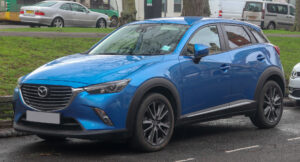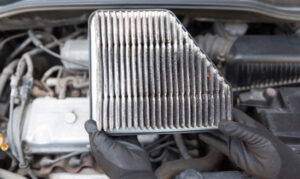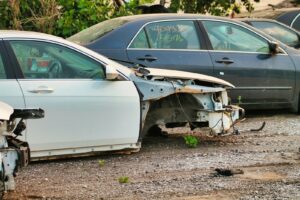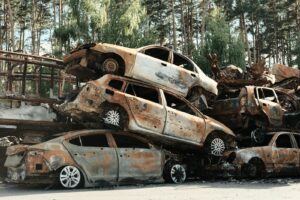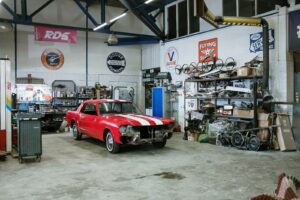Not all cars stay in good shape for decades. Some get into accidents and are deemed unfit for the road. So, what happens to such vehicles? Do you get them repaired and bring them up to standards or do you scrap them and finance a new one? Well, both options are doable, but in New Zealand, the story is a bit different. The costs and legalities involved in repairing a vehicle are too high in some cases that the average man can’t maintain an old car. Therefore, more and more people lean towards car wreckers Hamilton services. But is that the only reason?
Before we get into answering such questions, let’s talk a bit more about car wrecking and scrapping your car in general.
Car Wrecking as an Industry
Contrary to popular belief, car wrecking and scrap yards are lucrative businesses. They might look like dismal places where vehicles come to die. But scrap yards are heaven for people looking for spare parts.
When a vehicle is deemed unfit for the road, some folks find it profitable to scrap the car and earn some money off of it. The car wrecking company buys the vehicle at a paltry sum, removes all the serviceable parts, and crushes the metal structure to sell further. The useful components are sold to potential customers who are seeking something particular. In other words, there is not a lot that goes to waste.
In a way, scrap yards are gigantic recycling machines where old becomes new, and someone’s trash turns into another person’s treasure.
However, in New Zealand, the salvage car industry is booming because repair services are expensive. Mechanics charge a lot of money for maintenance and repairs. If your vehicle gets hit or is deemed unfit by the authorities, you have no choice but to scrap it. The other option would be to repair, but that would cost you more.
The money you save could be used effectively to finance a brand-new car. It is a win-win for everybody, except the less fortunate. The people who belong to the poor segment of society cannot keep an old vehicle for long. They should either have the good mechanical knowledge to repair the car themselves or some money saved up to buy a new vehicle.
How Cars Are Recycled?
The first thing, as we have already discussed, is the removal of all the important and useful parts. The next step is called depollution and that involves removing the engine and fluids from the vehicle. The lubricants must be disposed of properly, or else they could harm the environment during the shredding process.
Once everything worthwhile is extracted from the vehicle, the crushing procedure starts. The car is taken to the shredder that crushes the body using the power of hydraulics. The result is recycled metal, which is sold back into the market.
It is said that a majority of new cars are made up of this recycled metal taken from wrecked cars. So, it is an important step in the cycle.
Why Wreck when you can Repair it?
All the repair shops in New Zealand are expensive, but why is that so? The current minimum wage is over $21, but it is higher for mechanics since they are specialized labour. These guys train for years and acquire certifications so they can operate a legal practice. The training process isn’t easy, and not many people go through it voluntarily. Therefore, there are only a handful of good certified mechanics in New Zealand. They charge a high rate for their specialized services, and the people of New Zealand have no choice but to opt for their service.
Take an oil change for example. It costs well over $100 in New Zealand, including labour. It is hardly a 15-minute job, but you have to pay so much money. In contrast, other places like Australia are comparatively cheaper for the same service.
And that is just an oil change, don’t get us started on other repairs. You don’t want to have your car break down in New Zealand. The laws are strict concerning vehicle upkeep. Therefore, even the slightest issue could result in your car getting a ticket from the police.
Warrant of Fitness and its importance
Every vehicle in New Zealand must be physically fit to drive on the road. This fitness certificate or ‘The Warrant of Fitness’ determines whether a car is worthy for public roads or not.
The certificate is awarded to every new vehicle on registration. The fitness test takes place after three years. But for older cars, the rule is more stringent.
So, if your vehicle is older than three years, the warrant of fitness is valid for one year. You must get annual checkups and reapply for the WoF every year. If your car is registered before 2000 then the inspection takes place every 6 months.
If the authorities find you lacking at any moment during the inspection, there will be a hefty fine. In worst cases, you won’t get a WoF renewal, and the only option left would be to sell your vehicle to a car wrecking company.
Conclusion
Car wrecking is profitable, but it also helps protect the environment. When unfit cars are taken off the roads, they are mostly sold to scrap yards. These guys are responsible for recycling precious metals and selling them back at a reasonable price back to other industries. This puts less pressure on manufacturers to extract metals from natural sources. As a result, a sustainable cycle is created where the Earth gets the biggest advantage.


